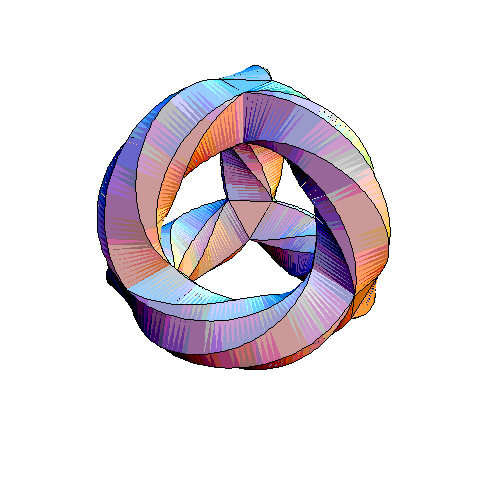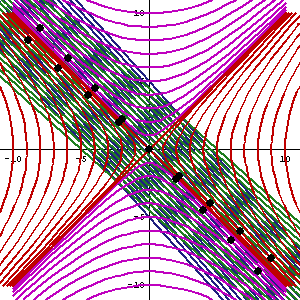| “Appearances,” it is said of the Bell Curve, “are deceiving.” A person who is said to be “average” in one of the three scales -- Brilliant-Stupid, Enlightened-Dumb, Expert-Clumsy -- in some cases can also be said to be “average” on the other two scales.
This is so because the three scales are independent of one another, though they tend to be highly correlated with one another. Thus, one person may be brilliant, enlightened, and expert, another stupid, dumb, and clumsy. In contrast, yet another person may be sharp, learned, and expert, and still another dull, ignorant, and clumsy. Of course, only a tiny fraction of the population will be brilliant, enlightened, and expert. The expression “correlation is not causation” is applicable to the Bell Curve, each case showing varying degrees of correlation between the three independent scales.
Both enlightenment and expertise are achieved, acquired, gotten by dint of long practice. In contrast, most are born with nerve cells of middling quality, a few with cells of low quality, and a few with cells of high quality. The higher the quality of nerve cells, the easier it is to become informed and skilled, some even becoming enlightened and expert.
The enlightened person uses words efficiently; the expert person uses tools efficiently; the smart person can become efficient in using words and tools far more easily than a stupid person. Thus those who use words extremely well are said to be enlightened, those who use tools extremely well are said to be expert; enlightenment and expertise coming about owing to well formed brains and long practice. Again, the three scales are independent of one another -- correlated, yes, dependent, no. |









